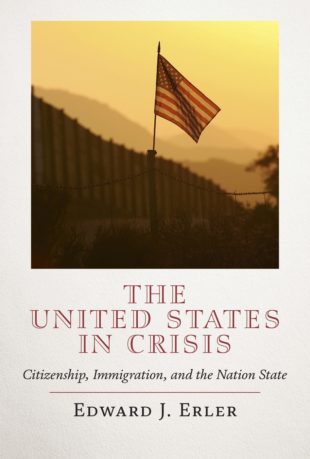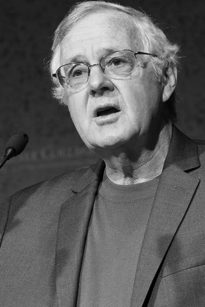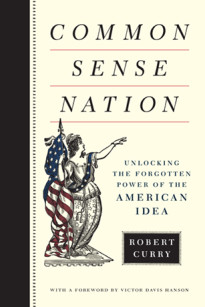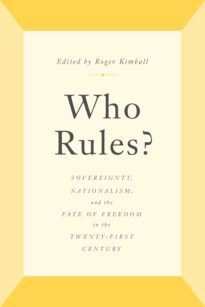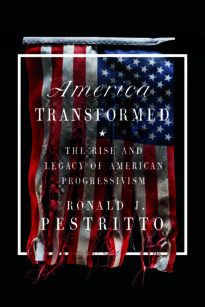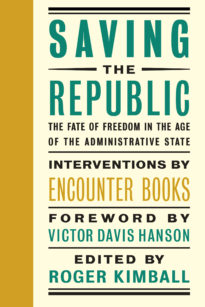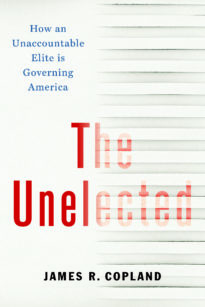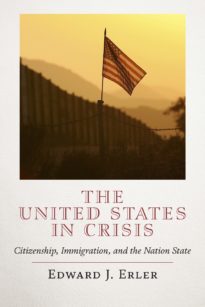In becoming “one people,” according to the words of the Declaration of Independence, Americans also became a “separate and equal” nation, whose citizens shared equal rights and privileges under the rule of law. These were privileges that remained exclusive to citizenship and were integral to what it meant to be part of a people who shared the same political principles.
More than a century ago, the U.S. Supreme Court announced what was considered to be the settled sense of the matter:
[I]t is an accepted maxim of international sovereignty, and essential to self-preservation, to forbid the entrance of foreigners within its dominions, or to admit them only in such cases and upon such conditions as it may see fit to prescribe.
A half-century later, the Court reiterated that “the exclusion of aliens is a fundamental act of sovereignty. The right to do so stems not alone from legislative power but is inherent in the executive power to control the foreign affairs of the nation.” Thus, according to the Court, regulation of immigration is a matter of both legislative and executive power. The Congress, of course, has been delegated exclusive power in the Constitution “to establish an uniform Rule of Naturalization” which, by necessary inference, includes the power to pass uniform rules governing immigration. But both decisions refer to the power over immigration that is inherent in executive power: it is essential to national security (“self-preservation”) and to foreign policy. This recognition was undoubtedly behind Congress’s decision to delegate broad authority over immigration to the executive in the Immigration and Naturalization Act of 1952. Few limits have been placed on the president’s broad authority to act under its provisions, which obviously have national security and foreign policy implications.
Progressive constitutional scholars, though, have advanced the theory that there are no enumerated powers in the Constitution to protect the nation’s borders. These scholars – who would not ordinarily seek to limit the reach of government by invoking enumerated powers – have suddenly hit upon an argument that, if taken seriously, would make it impossible for the United States to maintain itself as a sovereign nation. Protection of citizens by preserving the integrity of the nation’s borders is inherent in the idea of sovereignty. Yet, the newfound argument of these Progressive scholars (who have fallen into league with libertarian constitutionalists on the issue of nationalism) has meshed nicely with the most radical elements of the Democratic Party who have proposed abolishing Immigration and Customs Enforcement.
In the postmodern world, the nation-state is under attack everywhere as the source of every imaginable evil. It is said to be the cause of war, selfishness, racism, white privilege, misogyny, homophobia, transphobia, Islamophobia, and all the other so- called irrational phobias that make up the universe of political correctness. It is also said, in the same quarters, that the concept of the nation-state itself is irrational and arbitrary.
It is clear that Progressives no longer views self-preservation as a rational goal of the nation-state; rather, self-preservation must be subordinate to openness and diversity. President Barack Obama gave a notorious answer to a question he was asked at a press conference after a NATO summit meeting in Strasbourg, France, in April 2009. When asked whether he believed in American exceptionalism, as some of his predecessors did, or whether he had a different philosophy, the president gave a curious, but typical Progressive answer: “I believe in American exceptionalism, just as I suspect that the Brits believe in British exceptionalism and the Greeks believe in Greek exceptionalism.” But, as the president must have known, if every country is exceptional, then no country is exceptional.
